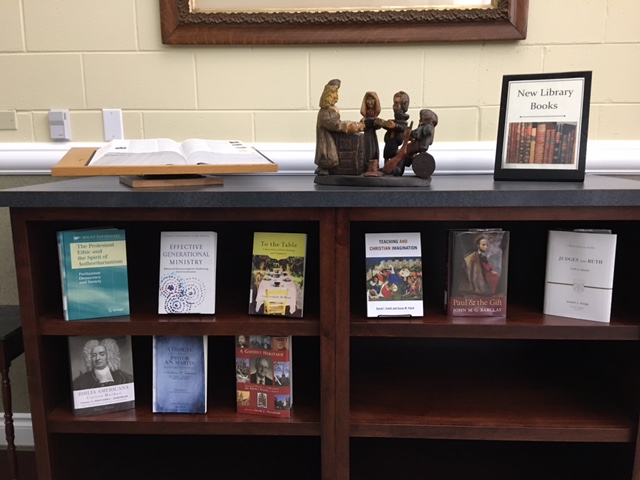Blogs
15 Practical Steps to Racial Reconciliation | Jarvis Williams, Reformed African American Network
“I applaud and praise God for the progress that has been made on race relations in the evangelical movement. However, I think every aspect of the evangelical movement can do much better on race relations. Therefore, I offer evangelicals (and anyone else with ears to hear!) 15 practical steps they can take toward reconciliation.”
Do You Keep Your Commitments – Even When It Hurts? | Jim Newheiser, Biblical Counseling Coalition Blogs
“Times will come when one might regret making a commitment, but…it is necessary to keep one’s word. In other words, let your ‘yes’ be ‘yes.’”
My Indebtedness to the Puritan | Joel Beeke
“While there are many ways that the Bible-saturated books of the Puritans have influenced me, I would like to highlight three special lessons I have learned from them about experiential, practical Christian living.”
Learning to Pastor from Leviticus | Derek Rishmawy, TGC
“When I was a college minister, Leviticus wasn’t the book I typically went to for pastoral theology. Actually, Leviticus wasn’t the book I typically went to for most things, with the exception of an atonement talk here or there. I suspect I’m not alone. Most of us don’t relish the idea of delighting our parishioners with details of cleansing skin diseases. But I’ve recently been learning how mistaken we are when we take this approach to Leviticus.”
5 Rookie Pastor Mistakes | Hershael York, TGC
“…often conflicts arise because well-intentioned pastors make rookie mistakes—the missteps that occur at the intersection of the ideal and reality.”
13 Helps For When a Friend Battles Depression | Mike Leake, Borrowed Light
#4: “Take seriously the way they relate their feelings and distresses. It does no good to tell them, ‘this is all imaginary’.”
Feeding on Christ Leadership Principles and Pastoral Ministry | Nicholas T. Batzig, Feeding on Christ
“The Psalmist summed up David’s leadership in the following manner: ‘David shepherded [Israel] with integrity of heart; with skillful hands he led them’ (Ps. 78:72). A minister needs to have both an upright heart and a skillful hand.”
New Book
Christian Freedom (Grace Essentials) by Samuel Bolton ($7.99)
Kindle Deals
Finding Truth: 5 Principles for Unmasking Atheism, Secularism, and Other God Substitutes by Nancy Pearcy ($3.99).
Understanding the Times: A Survey of Competing Worldviews by Jeff Myers and David A. Noebel ($3.99)
The A to Z Guide to Finding It in the Bible: A Quick-Scripture Reference Baker Books ($1.99)
When to Speak Up and When To Shut Up by Dr. Michael D. Sedler ($0.99)

























